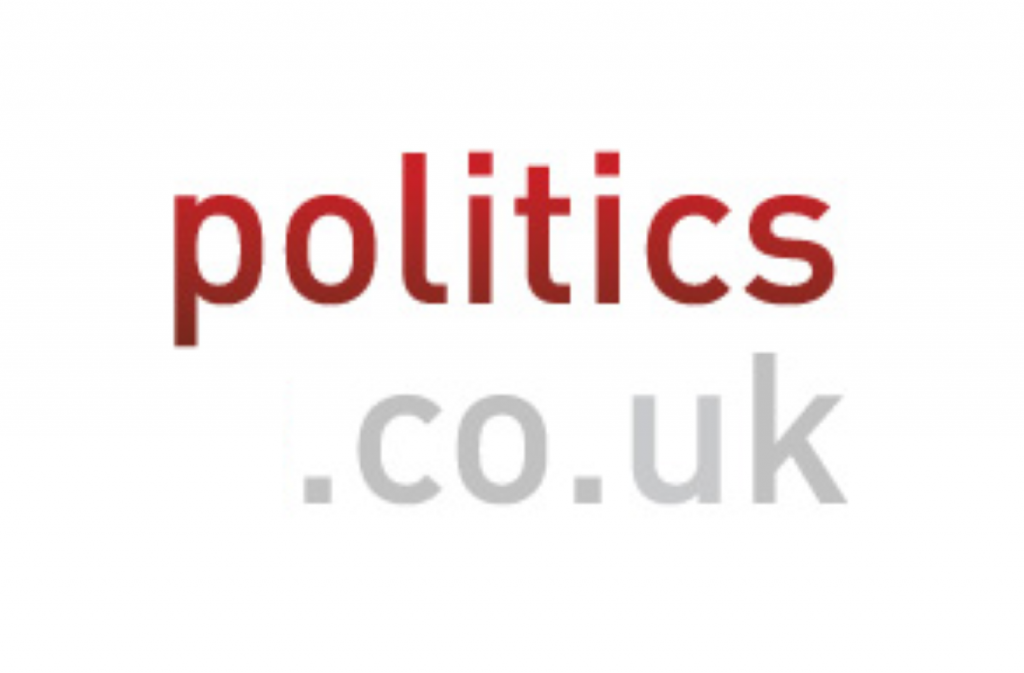Comment: Ban faith schools
Jim Murphy wants more religion in British politics. If we don’t clamp down on faith schools now, he might get his wish.
By Ian Dunt
Religion is on all the Labour lips today. First children’s secretary Ed Balls got a roasting for allowing faith schools an exemption from equality requirements in the curriculum. Then Jim Murphy, Scottish secretary, set up a speech tonight calling for religion to have a greater role in politics and for Labour to appeal to religious voters.
Despite all this, it’s still too early to worry about a distinct shift towards religion in the British political culture. Labour just made a calculation. It realised it would upset religious groups more with the double-blow of the equality bill and the children, schools and families bill than it would upset equality activists by passing the amendment today.


For a long time, Labour was ruled by two men whose political senses were sharp enough to realise the folly of allowing religion into the political realm: Tony Blair and Alistair Campbell. That thought process still pertains, but the threat from the religious lobby is becoming increasingly substantial. It may remain marginal now, but it grows in strength every day, because of faith schools.
The Labour government is the first under which the number of faith schools has increased. Under the Tories, their number actually fell, but once Blair was installed in Downing Street the government launched an all-out defence of their status. As education secretary, David Blunkett said he wanted to ‘bottle their magic’. Ruth Kelly, a member of Opus Dei, was similarly supportive. Ed Balls walked into his department critical of faith schools but emerged enchanted. It’s actually very difficult to discover how many faith schools there are. But take a look at academies. A third of them are religious, and in almost every single case they replaced normal community schools. Faith schools are on the rise.
That they should be treated so uncritically by government is a damning indictment of its long-term calculations. These institutions are an initiation ritual for the ghettoisation of mankind. And if we want a solution, we need to take a look at France.
France is not usually the first port of call when looking for a harmonious society. In the middle of its society there stands the secular state, a respectable notion that has become oppressive and tyrannical in France. It is a weapon wielded by the dominant majority against racial and religious minorities. Beyond any ethical concerns, this has done remarkably little for French society.
The banlieues – ghettos or suburbs depending on your inclination – rose up in rebellion a few years ago, but that was just a fiery demonstration of the deep resentment in French society. Walking around Paris, Londoners find it disarmingly white, except that France, in actual fact, has a greater Muslim community than Britain. Outside the centre, in the banlieues, a bountiful multicultural mix thrives, but without material wealth, or the opportunity to gain it, and without representation, either in the media or politics. The secular state has become the aggressor. It denies people their identity and banishes them in their own country. It is, at heart, a fascistic notion, which demands the individual gives himself up to the country. It is government interference, of the sort civil libertarians like myself rail against every day.
Britain’s laissez faire approach to immigrations and multiculturalism may have seen French intelligence agents brand us ‘Londonistan’. It may see areas branded Muslim, or Turkish, or Polish. It may see the emergence of cultural artefacts we find distasteful, like the burkha. But it reflects British freedom, and the ability this country gives you to live your own life, free from the interference or judgement of the state. It is also, despite the rabid anti-immigrant sensibilities of the tabloid press, a far more successful model than that practised in France, and a far more ethical model for governing a multicultural society.
Except for one thing: education. In education, we must respect and adopt the French example.
The British legal system knows how to treat children: as humans incapable of giving consent. So why doesn’t the government? Allowing parents to force their children into faith schools is just really child abuse, as Richard Dawkins ably pointed out last year. It forbids them the freedom and space to develop their own thinking and decide if they wish to sign up to the varied mumbo jumbo religions espouse. Schools are where we create humans capable of deciding what they do with their freedom, not a factory for churning out new versions of ourselves, together with our prejudices and intellectual fallacies.
This is not an exemption from the traditional resistance to government interference. This is to personal freedom what Keynesianism is to capitalism. It is interference designed to expand freedom. Without intellectual autonomy how can we create adults who can manipulate, comprehend or value their freedom? Or to be more specific: when Balls takes the need to respect diversity away from the curriculum of faith schools, he takes away the freedom of vulnerable, young children to explore their desires without being crippled by the stigma and idiocy which faith will impose on them.
Unless we take a far tougher approach to faith schools, the next generation could emerge more religious, more divided, more irrational than voters are now. Children below the age of 18 should live like the French. Adults over 18 should live like the British. Before the age of consent, the secular state rules.
The views expressed in politics.co.uk’s comment pages are not necessarily those of the website or its owners.












